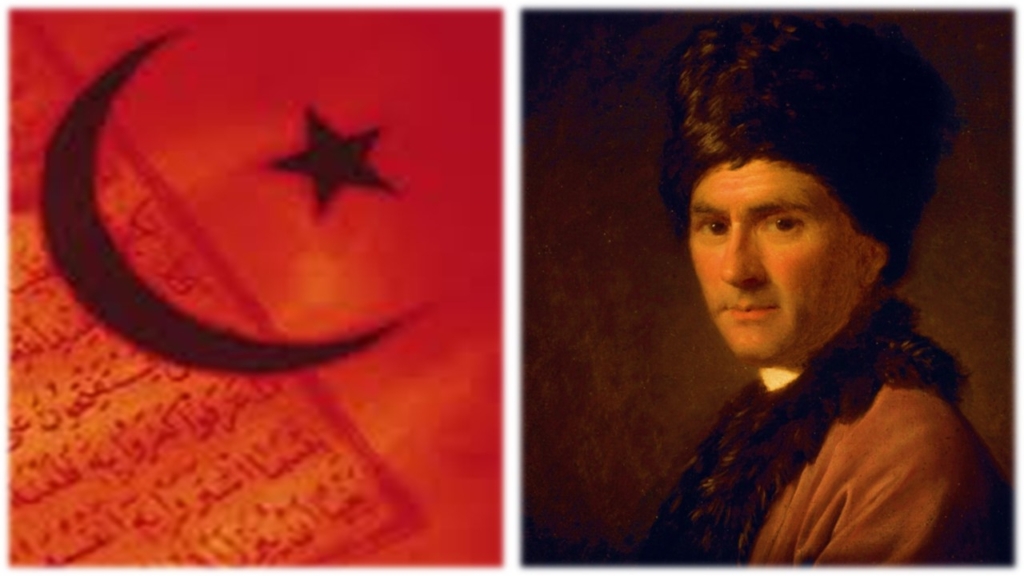With so much talk about seeking greater harmony between Islam and the West in our times, perhaps we need to think again about a very strong bridge that has already been existing between the two cultures for the last three hundred years.
Three hundred years ago, Europe was witnessing the great intellectual revolution that was later remembered as the Age of Englightenment (roughly between 1715 and 1789, but other dates have also been suggested). The leaders of European Enlightenment revolutionized their societies. In many ways, this was the birth of the modern West as we know it today – the home of such ideals as solidarity, equality and liberty, belief in the goodness of human nature, lack of reliance on miracles in proving an idea or belief, and so on.
Interestingly enough, many of the radical writers of European Enlightenment admitted freely that these ideals could be traced back to the original teachings of Islam, although not the contemporary practices of the Muslim society. Europeans who credited Islam with these ideals at that time or a little later are too numerous to be listed here, but it may be mentioned that they included the French philosopher Jean-Jacques Rousseau and the German poet and philosopher Wolfgang von Goethe.
Those who wish to find some more detail of this can look up the highly readable article ‘Rousseau’s Turban’ by Ian Collar (a modification of his paper originally published in a research journal in 2014). Of course, a lot more can be found in the excellent book by Jonathan Israel, Enlightenment Contested (2006).
Such views of the Enlightenment writers about Islam were later corroborated by a large number of the most representative writers, reformers and leaders of the Muslim world itself, roughly between 1887 and 1946. They included Sir Syed Ahmad Khan, Syed Jamaluddin Afghani, Zaghlol Pasha, Mufti Alam Jan, Said Haleem Pasha, Mustafa Kemal Ataturk, Maulana Muhammad Ali Jauhar, Aga Khan III, Muhammad Ali Jinnah, Reza Shah of Persia, King Amanullah Khan of Afghanistan, King Nadir Shah of Afghanistan and others.
The general position of these influential personalities was very well articulated by the most towering intellectual among them, Iqbal, in the following words:
European culture, on its intellectual side, is only a further development of some of the most important phases of the culture of Islam.
This sentence from the Reconstruction is not just a random opinion. It defines the historical premise of all the writings of Iqbal at least from 1907 till his death in 1938. He believed that the essence of Tauhid as a working idea was “solidarity, equality and liberty” (the ideals most famously associated with European Englightenment), and the mission of the Prophet (peace be upon him) was to universalize these ideals. Hence, both fundamental articles of the Islamic faith – Unity and Prophethood – happen to be linked with “solidarity, equality and liberty“.
The basic propositions of the Quran about the universe, according to Iqbal, are that the essential nature of human being consists in will, not intellect or understanding; human being is naturally good; fear is the source of all evil; and it is possible to achieve a society free from vice, want and fear. Iqbal also believed that the same worldview is shared by the modern Western civilization.
Does our education give us this awareness at any level anywhere in the world? Do we find it reflected anywhere in the interfaith dialogue? In the enormous literature published in the so-called ‘impact journals’? In the schools, colleges and universities in Europe and America?
Unfortunately, these questions may have to be answered in the negative.
Postscript
In case you are wondering if it is a far-fetched idea for Islam and the West to have a common worldview, you may like to consider the following clip from the mainstream British movie The Kingdom of Heaven (2006).

Sir,
Very powerful article. It challenges conventional thinking in a way which hopefully will inspire more serious study of Iqbal.
All good wishes,
robert